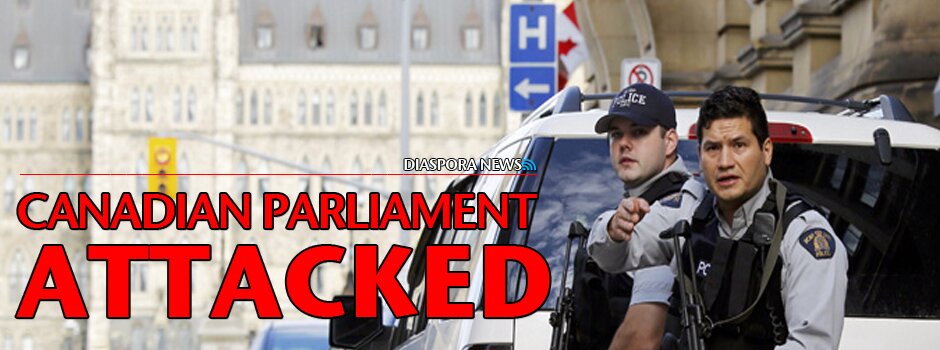France may charge tourists rescued from hot spots
 PARIS – French tourists heading to risky foreign destinations could be asked to foot the bill if the French government comes to their rescue.
PARIS – French tourists heading to risky foreign destinations could be asked to foot the bill if the French government comes to their rescue.
A draft law proposed by the foreign minister would oblige travelers to reimburse air fare and other costs incurred to rescue them from war zones, hostage-takings and other hostile situations. Officials say it’s aimed at promoting responsibility among travelers at a time of rampant piracy and kidnappings across the globe.
Critics, however, believe the measure would unlikely prevent hot-headed travelers from getting into trouble in dangerous corners of the world and say the government must protect its citizens, no matter what.
The Foreign Ministry says the measure will not affect cases like that of Clotilde Reiss, a 24-year-old French teacher on trial in Iran freed Sunday on bail of about euro200,000 paid by the French government.
The ministry says the bill, presented by Foreign Minister Bernard Kouchner last month, would apply only to leisure-seeking tourists and their travel agencies, but not to diplomats, reporters, aid workers and others engaged in professional activity abroad.
As one example of the costs involved, a Foreign Ministry official said the government paid euro720,000 to fly home 500 tourists stranded in Thailand amid civil unrest in late 2008. He spoke on condition of anonymity citing ministry policy.
According to a preliminary draft of the law, the decision to fine a traveler would be taken by a French court and hopefully only on rare occasions, the official said. The tourist would cover all or part of the costs incurred by the government, such as travel fees, rescue operations and any other measures taken to protect their well-being, depending on the case.
It’s still unclear whether it could apply to situations like that of the two French pleasure boats seized by Somali pirates in the Indian Ocean over the past year whose hostages were freed by French Navy commandos.
In one of those cases, the French government repeatedly warned the boat’s French captain, traveling with his family and friends, not to travel in the area. The commando raid to free them in April prompted a shootout in which the French captain and two pirates were killed.
It’s also unclear how the draft law would deal with kidnappings for ransom. The French government’s official policy is to never pay ransom to free its citizens, though has been rumored to help with payouts.
Similar regulations are already in place for travel within France. A 1985 law obliges skiers who have to be rescued by a helicopter from restricted areas to reimburse those costs, the ministry official said. Similar rules exist for sailors entering off-limits zones.
The preliminary draft of the law is vague and leaves much to courts to determine. Those details could be worked out when the bill goes through further review in the government and parliament. In its current form it appears more of a deterrent to risk-taking than a powerful legal tool.
Someone flown out of an Indian resort following a terrorist attack there could theoretically be charged for the rescue for having gone to a country listed as dangerous by the French government. Were French tourists to be trapped once again in Thai unrest they could also be asked to pay up, if a judge deems them responsible.
In the United States, travelers who need to be rescued from dangerous situations must compensate repatriation costs, according to the U.S. Embassy in France. Germany adopted a similar practice earlier this year after a court ordered that a backpacker taken hostage in Columbia in 2003 pay more than euro12,000 to cover the cost of a helicopter chartered to rescue her.
The French proposal comes amid a flurry of diplomatic effort to help Reiss and an employee of the French-Iranian embassy who are part of a mass trial in Tehran for allegedly fomenting unrest in Iran following disputed elections.
Critics say the bill will have little influence on adventure-lovers, who often have travel insurance that covers such risks. They also said that the government can afford to spend several hundred euros on a plane ticket if necessary to protect its citizens.
Hubert Debbash, head of Terre Entiere, a French tour operator that specializes in organizing tours to risky places such as Iraq said that travel agencies did not need government regulations to be prudent.
“The important thing is to have a local network that you can rely on,” Debbash said. “I know my destinations and I have people there who can tell me if it’s safe or unsafe to go somewhere.”
Some French travelers and taxpayers were in favor of the proposed law.
“The people who go, they know that these are dangerous places, so it’s their fault if something bad happens,” said Julien Fredeveaux, 24, a waiter at a Paris restaurant. “But it’s crazy to go.”
___
Associated Press Writers Rachel Kurowski in Paris and Melissa Eddy in Berlin contributed to this story.
Comments
comments
 Calendar
Calendar

































